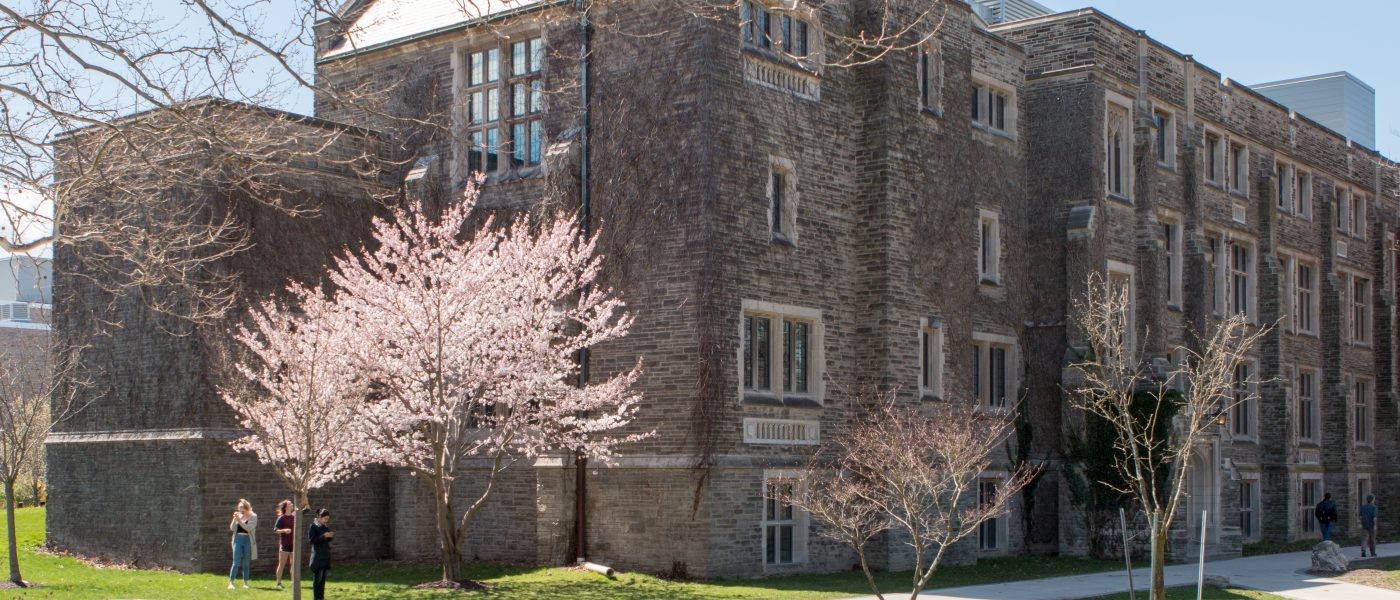A focus on embodiment as it pertains to well-being and aging entails sensitivity to how a person’s sense of self is influenced by the experiences their body has with the world. These experiences can be negative or positive and affect both body image and identity. Embodied approaches conceptualize bodies as both corporeal (the physical/biological being) and discursive (given/infused with meaning based on cultural, social, political circumstances). Importantly, these conceptualizations are not static, but dynamic and always in flux based on changing contexts and circumstances as well as physical changes over time (with age). Taking an embodied approach with respect to research on well-being and aging requires attention to how people make sense of their bodies and bodily experiences via interaction – alongside, and in comparison to, both human and nonhuman others.
Theme members here are interested in the sensorial qualities and experiences of embodiment in and with increasing age, as well as intersections of age and aging with other sociodemographic characteristics, and how these enable, constrain, and generally influence well-being. Some theme members also seek to develop an understanding of the relational, performative, temporal, and emplaced dynamics of embodiment in different contexts: leisure and movement spaces and health care settings.
Examples of specific projects relevant to this theme include: Griffin’s SSHRC funded project entitled ‘Physical Activity for Any-body,’ which focuses on in/exclusion within physical cultures for those with a so-called ‘non-normative’ body (2SLGBTQIA+; racialized; disabled; fat, thick/thicc, curvy or plus-sized; non-binary or gender non-conforming; and older (55+); Bennett’s work on queering later life physical activity (emotions, queer identity, and the psychological adaptation to age-related body changes); and Phoenix’s scholarship on the moving body (including a collaborative project with Griffin & Bennett on menopause and experiences of movement). Innes and colleagues (Smith-Turchyn, Beauchamp, Phillips, Richardson, Sabiston, and Thabane) MIRA funded project “A pilot randomized controlled trial of a virtual peer-support exercise intervention for older adults with cancer”; and a CIHR study entitled “Back to living well: Implementation of a community-based program for the tertiary prevention of low back pain” led by Macedo, L (Attwell, Bray, Battie, Griffin, Hancock, Hayden, Hladysh, MacDermid, Miller, Packham, Richardson, Rushton, Saragiotto).


